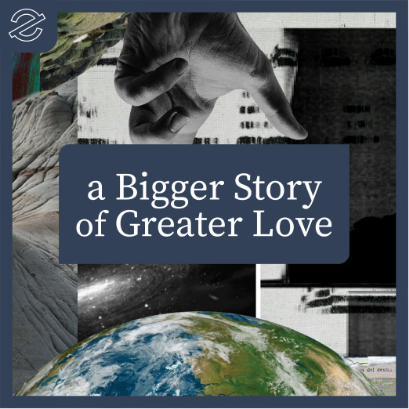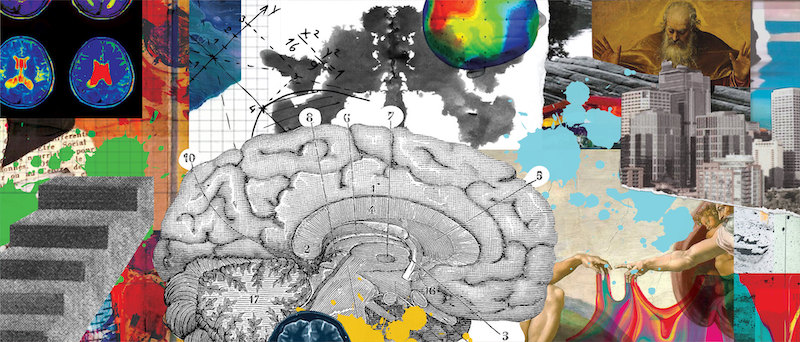
An Eden Project Podcast
Waking us up to the width, length, height, and depth of God’s love.
Featured

As we bring this series to a close, it is imperative we address what is for many the elephant in the room, so to speak. Inevitably, when talking about the love of God, the issue of divine wrath is raised, and rightly so, it can be difficult to square the central Christian claim “God is love” with the multitude of passages that seem to suggest anything but. As has already been established, love is not sentimentality attempting to meet some “felt need,” or an unconditional acceptance of all behavior. Quite the opposite, it is the constant pursuit of the greatest . . .
Latest

As we bring this series to a close, it is imperative we address what is for many the elephant in the room, so to speak. . . .

As we’ve seen in this series, love as the controlling center of theology traditionally has either been neglected or ignored.1 But it hasn’t always been . . .

I have had twelve years of formal theological training. For the vast majority of those years, I considered the love of God as a moral . . .

As we saw in part one of this series, not every theologian begins from the same theological starting point.1 Different historical and cultural contexts have . . .

Waking us up to the width, length, height, and depth of God’s love.
Discipleship at the intersection of neurobiology, psychology, and attachment.

Sign up to receive weekly emails that include teaching, personal stories, and ways to connect with the Eden Project.
All subscribers also receive a free copy of our Triad Guide & How to Pray the Psalms Guide!